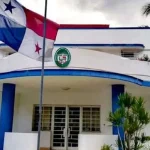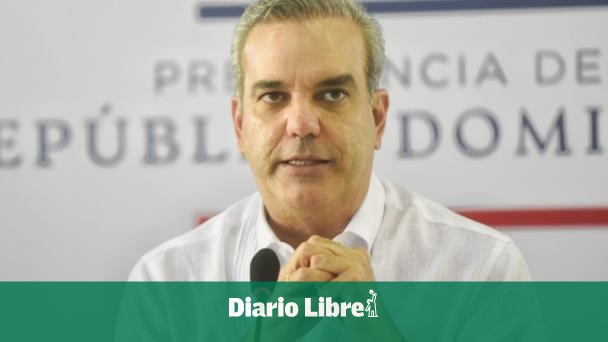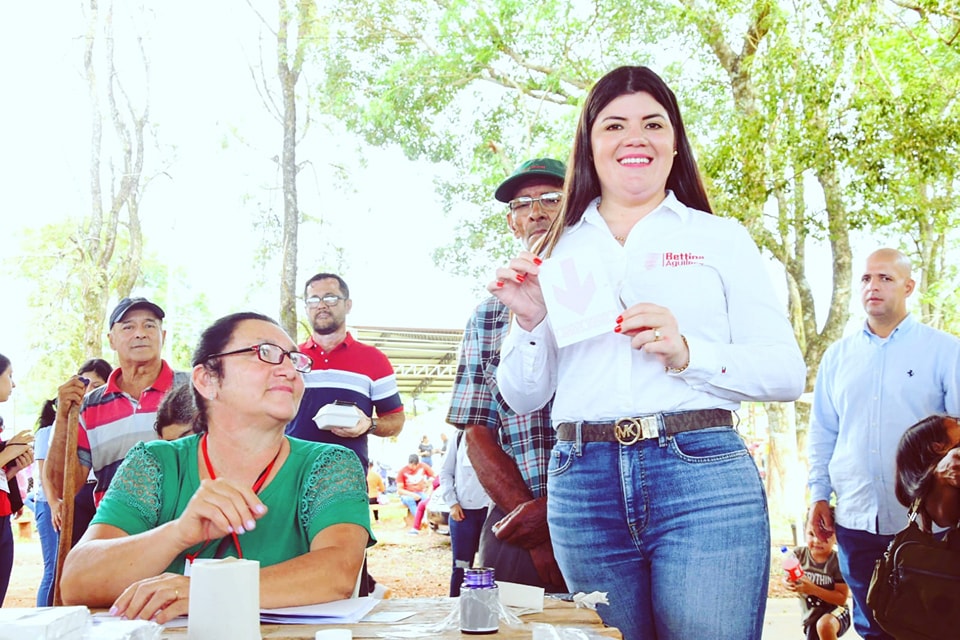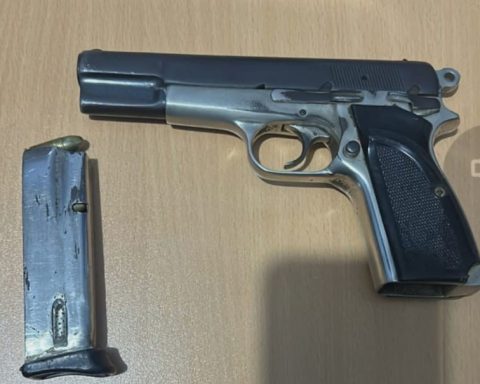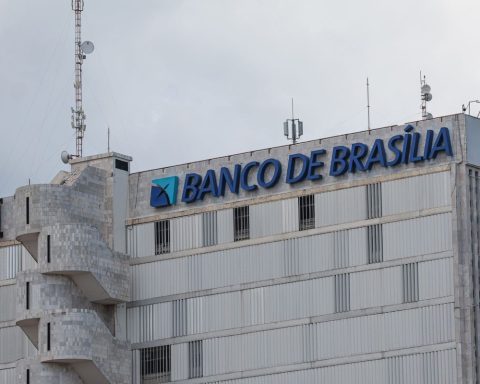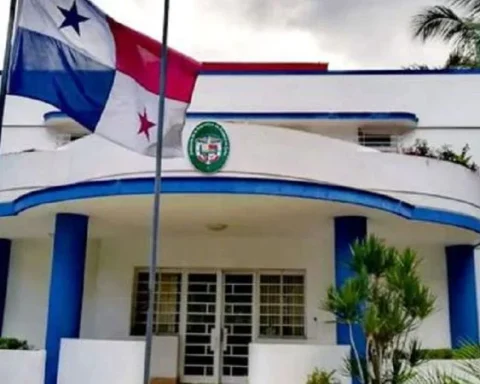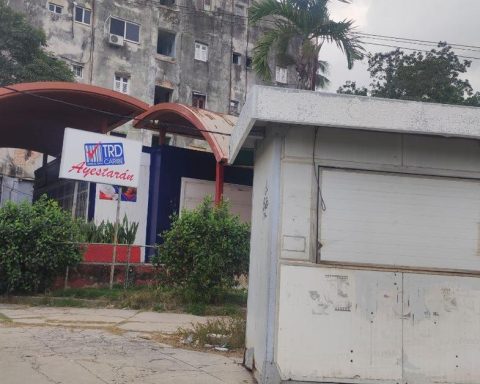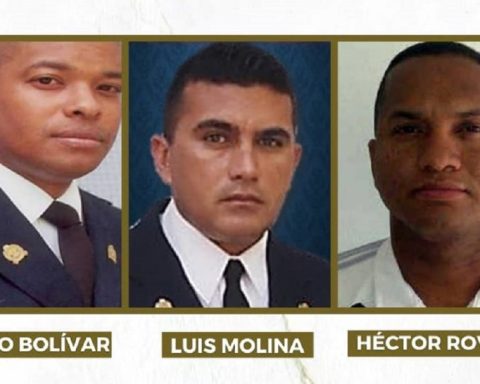In the middle of a polarized capital and one day from National strike for protests against the government of Dina Boluarte and of the Congresswhose central date was this January 19, the rector of UNI, Alfonso Lopez Chau, He made one of the most relevant gestures that managed to mark the day of protests and received the student delegations from Cusco and Puno at the state entity, giving them a safe space to spend the night. All this while at UNMSM, the rector ordered the entry of the police contingent to remove the protesters from the province. Now, after the initial shock, the rector adopts a more conciliatory position and prioritizes efforts to start a dialogue in a country that mourns a total of 53 deaths in just over a month.
—Is this measure of admission to the university of the student delegations of Cusco and Puno a decision that you made alone?
—This was a decision that the Federation of Students of the UNI, through the Association of the Center of the National University of Engineering, which is Acuni; They presented a motion to the University Council. And the University Council approved this motion. But given the situation we are in, I want to highlight that at the same time the UNI has received the Police Commander General by signing agreements with the cybersecurity school.
We believe that the worst thing that can be done is to break the bond that should always exist, that we have defended and are defending at the university, the triple strategic bond between the Armed Forces, the university, and the people of Peru. In this framework, we condemn all kinds of violence, wherever it comes from.
When we have talked with the president and the premier, before these events and a conversation with the association of national universities of Peru and a group of congressmen, we have exposed these same points.
—The conversation with Dina was before making this decision to accept the students. Have you not contacted the president again?
—No, but we would gladly do it at any time and we could be attentive to be able to talk, I think that at this juncture dialogue is essential. Anything that is dialogue to be able to contribute to finding a way out of this situation that the country is experiencing will always be welcomed and we would encourage it.
—Have you evaluated the possibility of being a mediator in the establishment of a dialogue table between the delegations received and the Government?
—I think that Alfonso López Chau, even though he was rector of the UNI and vice president of the rectors’ association, I believe that there are other people with greater merits, greater merits, to play this great role of intermediaries with the Government, the people, the Forces Armed forces, companies, with everything that can be mediated. There are other people with better qualifications, but, obviously, we will do our bit every time they call us.
—Would the UNI receive, in any case, a dialogue table? Would you be up for it?
—It would be an honor for UNI to open its doors to have a dialogue at the university, we have always done it, in the past we did this, we convened a first annual conference called the “Five helices”. There were representatives of the General Commander of the Army, the president of the board of trustees of Lurín and the president of one of the large mining companies in Peru, who is the engineer Roque Benavides, as well as the representative of the national industry society and other representatives of civil society. The representative of the United Nations was there.
At this moment, we are attending the Pardo hotel to an invitation that the Transparency and United Nations group has made us to be able to dialogue. We have made a space to talk with La República.
—Yesterday a document from the Comptroller General’s Office circulated in which they asked him, in a certain way, for an accountability for his decision, which can be understood as a kind of retaliation. Have you received similar actions from other institutions?
—Surprised, we have received from the Comptroller and the Attorney General. We have addressed the president via WhatsApp telling her that we are sure that she is unaware of these facts and we ask her, please, to stop this type of measures against UNI and against the rector of UNI, that the only act that has committed is to go to the media and say his word in a spirit of conciliation. Looking for exits, which we have always done.
We have called for national unity. We have called for the construction of the Peruvian nation in a framework of peace, with social justice and freedom. That is what we have done. We have never said anything other than that. If someone wanted to do something else, he is not going to call for national unity.
There is no national unity without businessmen, there is no national unity without the Armed Forces, there is no national unity without the workers, there is no national university without the humble peoples of Peru.
—You have mentioned that there are people much more prepared to fulfill the role of mediator in a situation like this. Have you considered some names?
—For example, the representatives of the regional media, which have emerged from a democratic vote. They have the authority of having won elections, the president of the Association of Regional Governments could be an ideal person for this type of effort. The interdenominational church could also be. I believe that these are actors and, if they consider that the UNI or the national universities of Peru, we can play a role by collaborating, I am delighted to collaborate.
—You have been the only one to take concrete action regarding the situation, unlike the rest of the national universities. Why do you think that the same action has not been taken in other universities?
“Surely they haven’t received the request. Probably, it is that they have not been warned. My friend, Dr. Américo, from Agraria, is very far from the center, so he has not received the request. We receive it and allow entry only to students, in a maximum number of 200 students. They have respected our house of studies, there has not been any disorder.
They left in order to march, and express their protest, that in some cases many people protest only against Congress. In other cases, they protest only against the president, and in other cases, against both. But there are varied reasons for the protest. That’s what I can say.
In my case, I have greater indignation against the parliamentarians than against President Dina Boluarte herself.
-In what sense?
—In the sense that, at this time, they have all the resources to make the changes and be able to put out the protests. They could make an effort so that the elections are not held in April 2024, they can be held, as many point out, at the end of 2023. They could restore and allow the referendum, which was a good contribution to the 1993 Constitution, which was not in the 1979 Constitution, but that the 1979 Constitution has a preamble that establishes a much-needed system of values in the Peruvian nation.
The time has come to take the best of both constitutions for the good of the Peruvian nation. I have just read a message that has reached me, which has filled me with joy, because it speaks of Peru in the future as the head of nations. How nice!, right?, when we are in full trouble like the ones we are experiencing.
—You have been receiving, in recent days, perceptions from different parties. What are the main slogans that you consider should be addressed at the time a possible dialogue table is established?
—I believe, I have said it several times, that I represent an absolute minority. For me the central issue is the issue of political reform. We have indicated that Peru must have three large political parties, a large party of the right, a large party of the center and a large party of the left. But all under the modality of a militant, a vote.
For reasons of State, there must be such a political reform, because we need to air the leadership. We need new leaders to emerge, but new leaders who enter a party who know that it has no owner, so that their freedom is not subtly curtailed. That is the first reform.
If we do others and this crucial step is not done, we can reproduce the same and even in worse conditions. But there is no time and, since there is no time, we have spoken of a historic commitment, of a historic pact, between the right and the left.
In that pact, no one annuls their position; on the contrary, one asks that people defend their positions, their principles, their ideas, their programs. Let them agree by giving in and give in by agreeing. Peru needs that pact, if that is agreed above, it will be easier below. I see it as very difficult to achieve that, but it would make everything easier.
The Armed Forces should also be involved in this historic commitment, although they are not deliberative, but I would ask that they at least participate in listening, listening, and seeing what is at stake. I believe that the unity of the nation cannot be affected, it is sacred.
—Yesterday, President Dina Boluarte issued a message to the nation in which she repeated many things from days gone by. It has already been reaffirmed that it is not going to go away, but there is still (they are going to stay that way and possibly increase) a number of people who have been killed, 53 dead, including a police officer, as well as many other people who have died consequence of roadblocks. What political responsibility should the government assume in this situation?
“It’s very sad, it’s very unfortunate. Everyone mourns the deaths that have occurred. I’m sure the president too, too. On past occasions, I have expressed my personal opinion to President Dina Boluarte. But since I have a conflict of interest, with her and with the premier, because one cannot go out and accuse on television or in the media. One has a channel to say it, I have said it and I will say it again. When I feel that this space has been exhausted, I will say: “I am a friend of the president, but I am more a friend of the truth.” For now, I would like to put our efforts into ensuring a way out of this.
Many things will have to be seen and balanced, taking into account that other people must also be thinking about the decision that can be made. But a mediation between the Government and the people does no harm to anyone.
We have spoken with the sectors and, at this time, there is a lack of actors who can influence the government, actors who represent the people. UNI is a prestigious university, you see. We have stuck our heads out and, immediately, the Comptrollership, the Attorney General’s Office, falls on us.
I want to say that nowhere in the world has this been seen. I have studied at UNAM and, at every moment, the university city was visited. Those who visit are sheltered and cared for, that does not mean giving up facilities or giving up anything, just that, as it is a political situation.
I am sure that, if it had been a delegation of students, they would also receive them, whether they march for peace or for Do not mess with my children, we would receive them equally; and, surely, the Comptroller’s Office does not fall there. Because that is the role of the university, but since the situation is special, that is why things happen.
In the meantime, I personally enter the dialogue and encourage the dialogue. But I do not hide my own principles or my own way of thinking. I go to the dialogue affirming my principles, which is different.
—Would you invite the other rectors to promote this dialogue table?
—I’m going to come to an agreement right now with the rector of Agraria and I’m going to call my friends from Católica, Cayetano Heredia, and Pacífico, to see if we can play the role of mediators.
I hope we are lucky.








